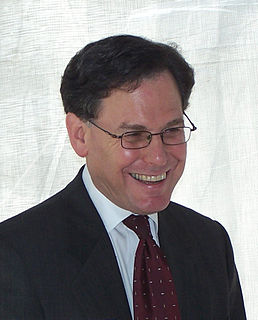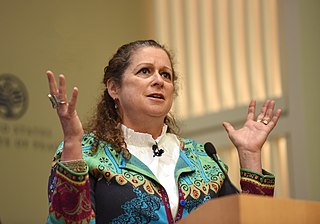A Quote by Mark Millar
Pretty much all comic-book people, like all Hollywood people, for the most part, are pretty liberal. I think especially UK writers. Alan Moore is probably the most radical guy you'll ever meet. I grew up loving those guys, so my heroes, as a kid, were radical cartoonists, essentially. I couldn't help but - I grew up in a left-wing household. But I do think it's fun, writing right-wing characters. I've found it interesting, just as a writer, to get inside their heads and make them likeable.
Quote Topics
Alan
Book
Cartoonists
Characters
Comic
Essentially
Ever
Found
Fun
Get
Grew
Grew Up
Guy
Guys
Heads
Help
Heroes
Hollywood
Household
Inside
Interesting
Just
Kid
Left
Left-Wing
Liberal
Like
Likeable
Loving
Make
Meet
Moore
Most
Much
Part
People
Pretty
Radical
Right
Right-Wing
Them
Think
Those
UK
Up
Were
Wing
Writer
Writers
Writing
Related Quotes
When most people see the word "radical," they think that it must refer to something left wing. Some people also may think of it as referring to far right-wing marginal groups. But here we have a president of the United States [George W. Bush] at the center of power, sitting in the White House, who is a radical.
I'm against ObamaCare, which is imposing radical change, and I would be against a conservative imposing radical change.... I don't think right-wing social engineering is any more desirable than left-wing social engineering... I don't think imposing radical change from the right or the left is a very good way for a free society to operate.
If you are in Brazil and you grew up in a right-wing dictatorship, you think Marxism is liberating. But if you grew up in Czechoslovakia, and the Soviet Union is controlling everything and killing people, then you think capitalism is liberating. Neither of those two things are true and it doesn't take a lot brains to understand this.
Life didn't just happen to them. They experienced life at a deeper level than I had ever experienced it. I had been a radical, a left-wing politico, and meeting the Indian people made me realize that the politics of the left and the right were so much less important than the politics of the heart and the spirit.
What I was trying to say in that bit, without saying it out loud, is that there were things - you're right, everything is very politicized these days, literally down to what kind of coffee you drink - that I used to fight with people about. And by the way, not just people like Republicans and Christians, but liberal friends of mine and very radical left-wing types, and alternative, indie types.
You want to unify America with a sense of culture and decency and all of this that reasserts and reaffirms the concepts of American exceptionalism.But the left and who they are, you watch Hollywood, you watch the Oscars, you watch any left-wing, it's not even Democrat. It is ultra left-wing radical.
Conservative values aren't really reflected in the radical values of the NRA. And the other idea was that the NRA is not what you think it is: It's an evolving, ever-changing organization, and it has not always been this radical, right-wing arm of the Republican Party, and that the history of the NRA is in fact really interesting.
Essentially, my kids grew up with the emphasis on the environment because I became a political activist in about 1969 and it was not an easy time. Those were the days when the oil and gas companies pretty much controlled the show and anybody speaking about solar energy or carbon energy would get smashed down as being a radical or a tree-hugger or what have you. So I was out there feeling very often alone and my kids would get that.
I think that very often younger writers don't appreciate how much hard work is involved in writing. The part of writing that's magic is the thinnest rind on the world of creation. Most of a writer's life is just work. It happens to be a kind of work that the writer finds fulfilling in the same way that a watchmaker can happily spend countless hours fiddling over the tiny cogs and bits of wire. ... I think the people who end up being writers are people who don't get bored doing that kind of tight focus in small areas.
I believe the only way a writer can keep himself up to the mark is by examining each story quite coldly before he starts writing it and asking himself if it is all right as a story. I mean, once you go saying to yourself, 'This is a pretty weak plot as it stands, but I'm such a hell of a writer that my magic touch will make it okay,' you're sunk. If they aren't in interesting situations, characters can't be major characters, not even if you have the rest of the troop talk their heads off about them.





































